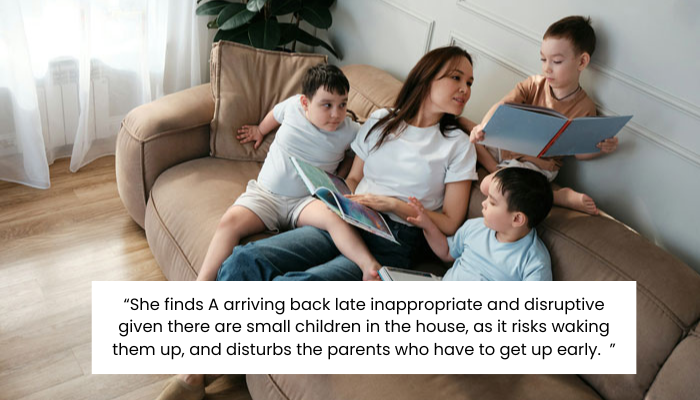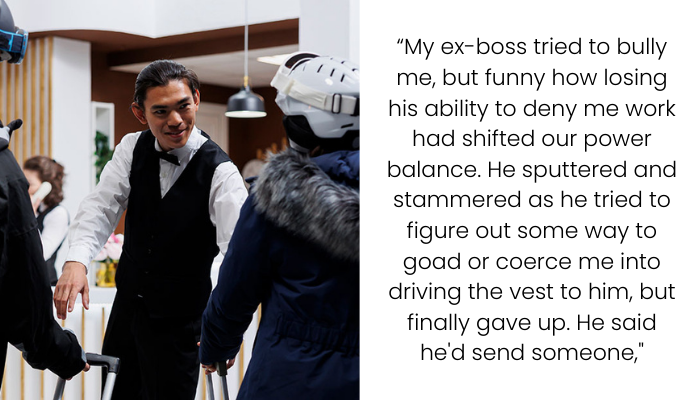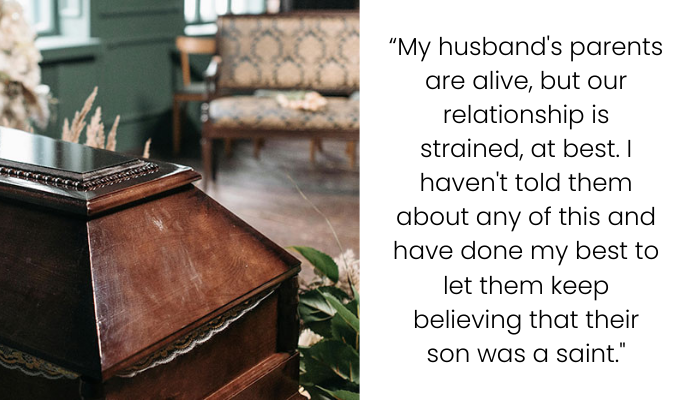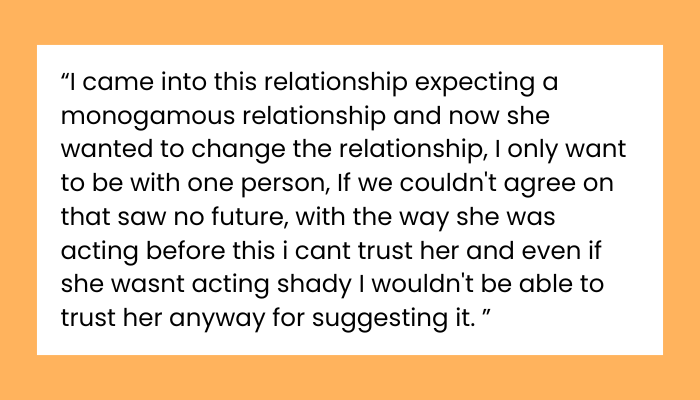Curfew for the Nanny? When ‘living in’ turns into walking on eggshells
In what started as a simple living arrangement, tensions are now simmering between a live-in nanny and her employer.
“A,” the nanny, has evenings off throughout the week. She often heads out to meet friends, returning around 10 or 11 p.m. — nothing outrageous by most standards. But “B,” her employer and the homeowner, feels disrupted by these late returns, especially with young children in the house. She’s requested A be home by dinnertime, even on nights she’s not working.
A is frustrated — she sees this as an unreasonable curfew that infringes on her personal time. To her, living where she works shouldn’t mean she’s on a leash 24/7. B, on the other hand, sees it differently: it’s her house, her rules, and she believes a nanny living in a family home should adjust accordingly.
Who’s right? Is this about respect or control? The story raises bigger questions about boundaries, workers’ rights, and the very blurred lines when your job also comes with a bedroom.
What initially seemed like a great job has turned sour for one live-in nanny

Her employer has decided bedtime isn’t just for children and believes that she too should have a curfew





When we mix work and home, things get tricky fast. Add power dynamics, children, and 24/7 proximity — and what you’ve got is a workplace that never quite lets anyone clock out.

Let’s break it down: what’s legally allowed, socially fair, and emotionally sustainable when it comes to curfews and live-in domestic staff.
1. The Legal Boundaries: Work Hours vs Personal Time
In many countries including the UK, US, and Australia, live-in nannies are still entitled to personal time — and legally, that time is their own. Even if the nanny lives in the employer’s home, nights off are not working hours unless she’s on-call or asked to perform duties.
Key legal points:
- Employment contracts should clearly outline working hours and on-call expectations.
- Off-duty time is protected — employers can’t dictate how an employee uses their unpaid hours.
- A nanny returning at 10pm isn’t “working late” — she’s coming home.
Unless her contract includes explicit curfew clauses (rare and potentially challengeable), enforcing a blanket “be home by dinner” rule could cross the line into control of personal liberty — a potential red flag for employment abuse.
2. Ethics and Expectations: Employer vs Housemate
While the law is one side, shared living raises emotional and practical complications.
- B sees the home as a sanctuary — quiet evenings, kids asleep, routines uninterrupted.
- A sees the home as both workplace and shelter — and expects reasonable autonomy in her free time.
This dynamic is inherently messy. A isn’t a tenant. She’s not a friend. But she also isn’t “on” 24/7 like a servant from a Victorian novel.

Here’s the core clash:
- B is trying to preserve family culture and privacy.
- A wants to reclaim personal freedom in the only hours she gets to herself.
Both have valid feelings. But feelings aren’t contracts — and respect doesn’t mean domination.
3. Privacy, Sleep, and Noise: What’s Reasonable?
One of B’s concerns is disturbance — the nanny coming home late might wake up kids or interrupt adult sleep.
Let’s get practical:
- If A is entering quietly, using a side entrance, not slamming doors — the “disturbance” is likely minimal.
- If A comes in loud, intoxicated, brings friends home — then yes, that’s disrespectful and a boundary breach.
The solution here isn’t a curfew — it’s house etiquette. A mutually agreed quiet hours policy makes more sense than a blanket restriction on movement.
4. Living-In Is a Cost — Not Just a Perk
Employers often frame “live-in” roles as a perk for the employee: “You don’t pay rent, you get meals, etc.” But this model has downsides too:
- No separation between life and work
- Constant supervision
- Limited privacy
- Power imbalance (you can be “scolded” for what you do in your own room)
Studies show that live-in domestic workers frequently experience higher burnout and less autonomy. (ILO Global Report on Domestic Workers, 2025)
So when employers start setting social limits (like curfews), it risks sliding into coercive territory. You’re not just offering a room — you’re trying to own time that isn’t yours.
5. Power Imbalance and Social Norms
Even if B isn’t trying to be controlling, she holds all the power:
- She’s A’s boss.
- She controls the housing.
- She can terminate employment (and housing) with notice.
That’s a tough spot for A. Even if she disagrees, she might feel unable to push back — risking job loss or tension.
In professional environments, employers don’t control your evenings. If a barista goes out drinking, their boss doesn’t say “You need to be home by 8.” Why is that okay just because the nanny lives in?
This is where boundaries and professional respect become crucial. Being in someone’s home doesn’t erase their personhood.
6. Reasonable Compromise Options
Not all is lost. If both parties want to make this work, here are middle-ground ideas:
- Quiet hour rule: No noise after 9 p.m., but no curfew.
- Advance notice: If the nanny plans to be out particularly late (past midnight), a courtesy text.
- Shared calendar: Helps both parties know when to expect privacy.
- Exit plan: If the curfew fight continues, A might consider finding a live-out position to preserve autonomy.
“Absolutely nuts”: many people felt the employer was being unreasonable






This isn’t just about a curfew — it’s about power, privacy, and respect. A is right to feel that her off-duty time should be hers. B is right to want peace in her home. But peace doesn’t require control.
Unless A is being loud, unsafe, or disruptive, B has no legal or ethical right to control her nanny’s evenings. A curfew is a parenting tactic, not a workplace policy.
So… who’s the asshole? In this case: probably B.
Want this rewritten from A or B’s perspective as a Reddit AITA post? I can flip it for you.







